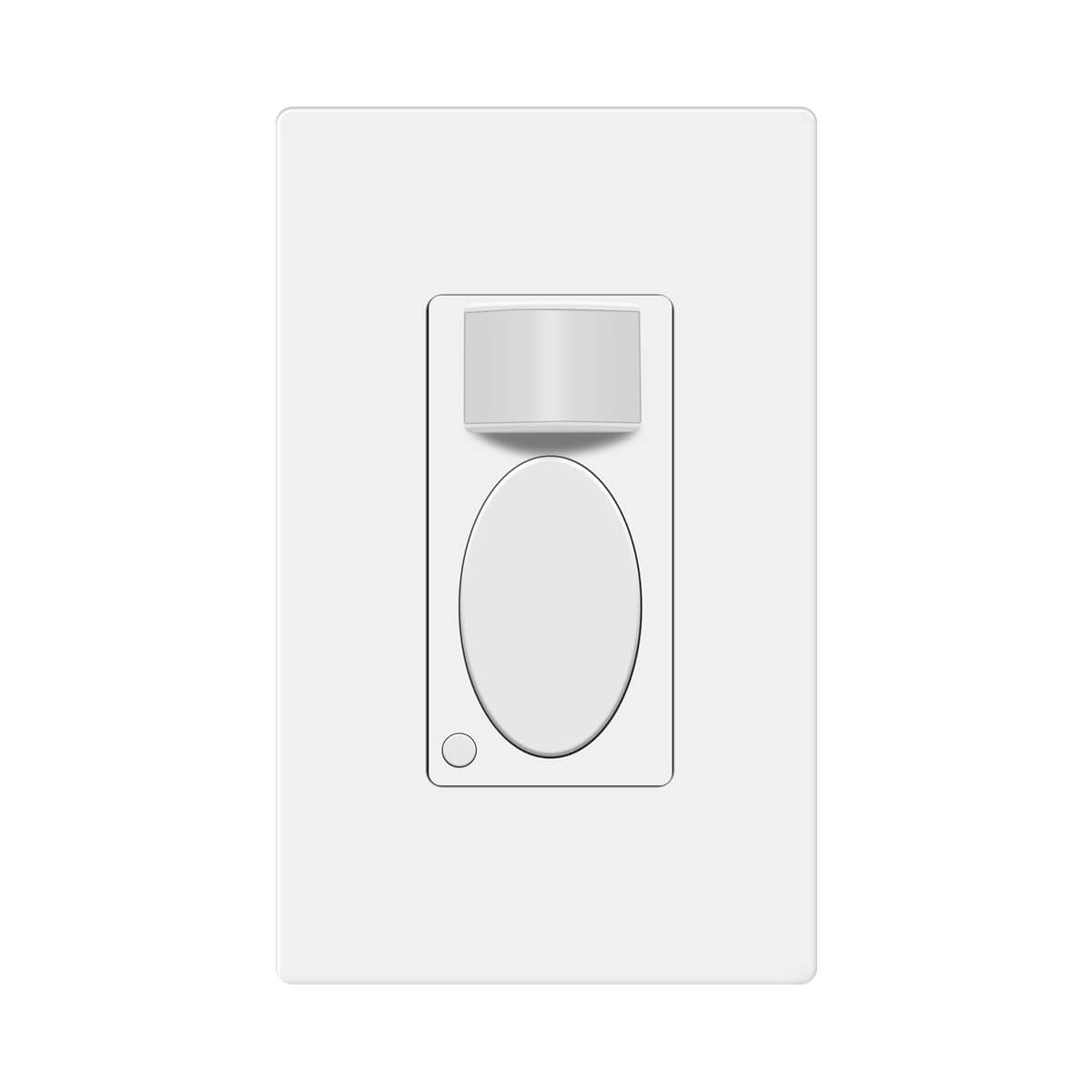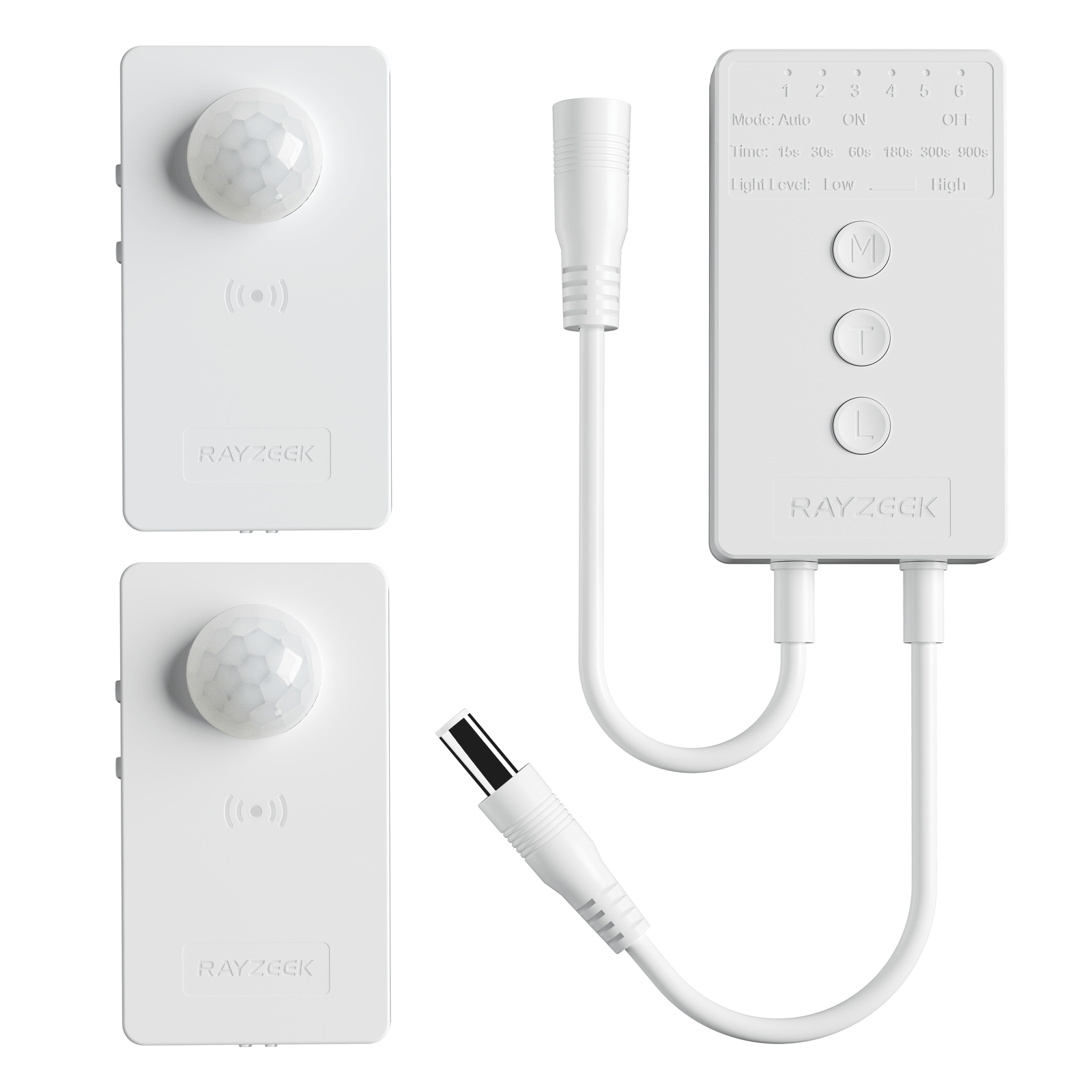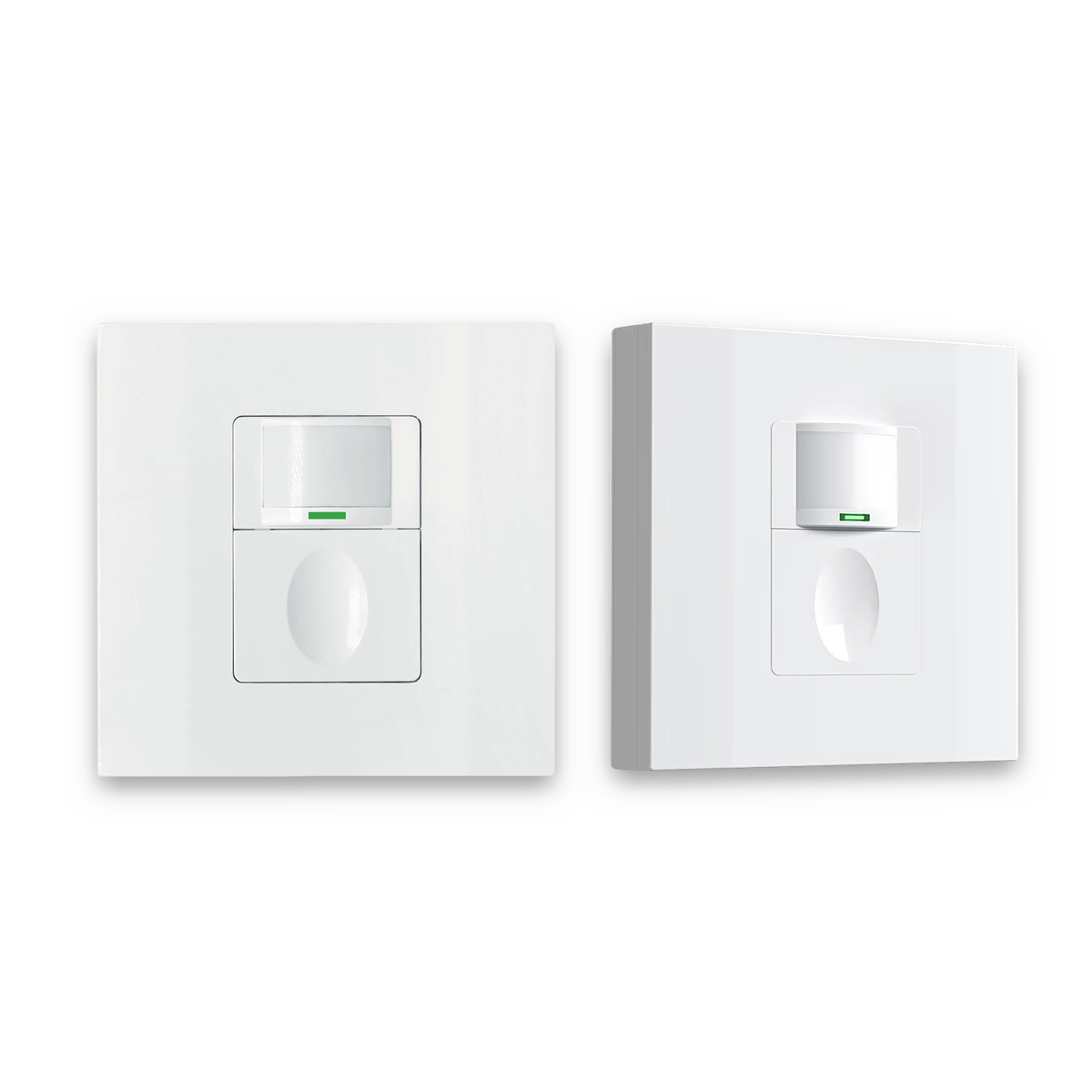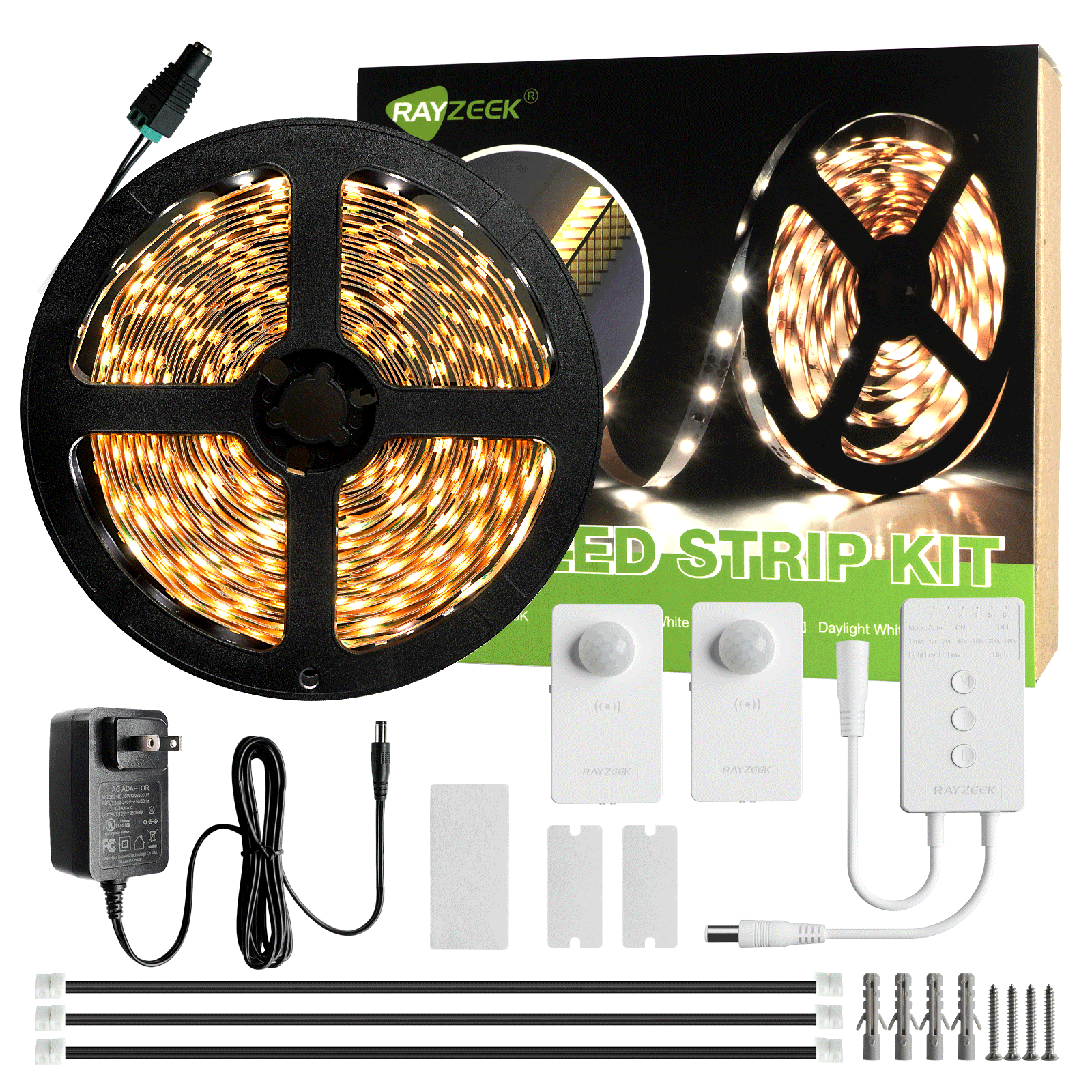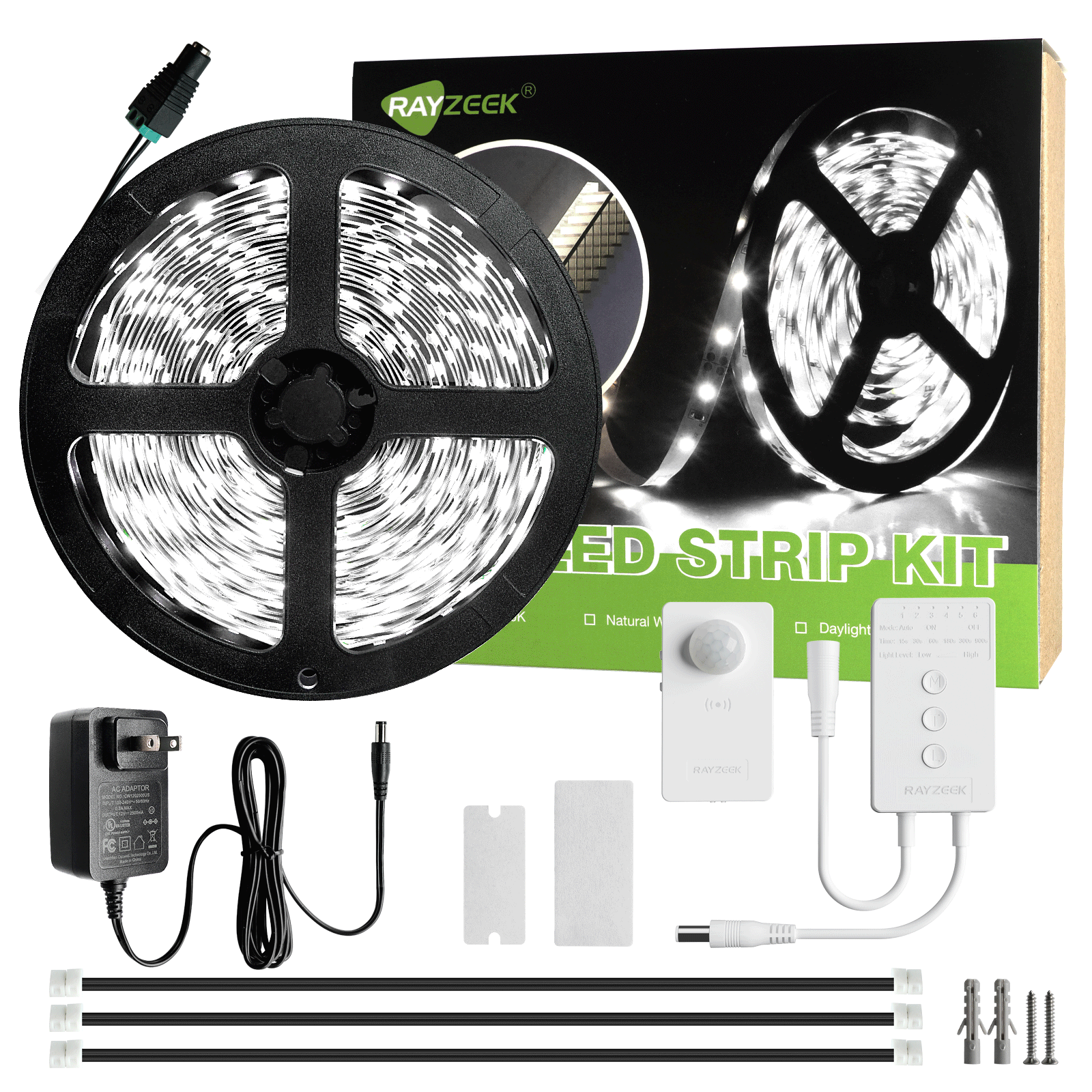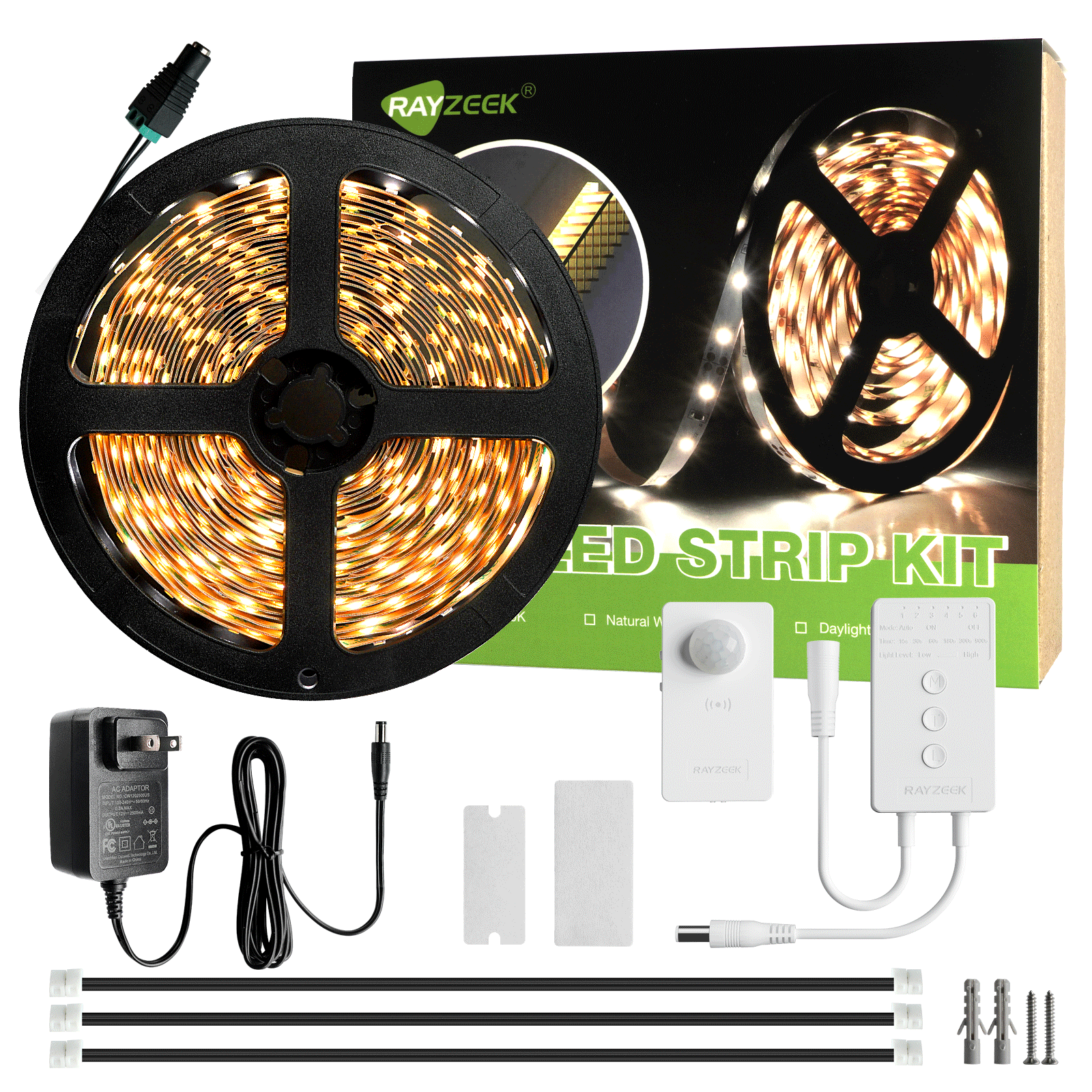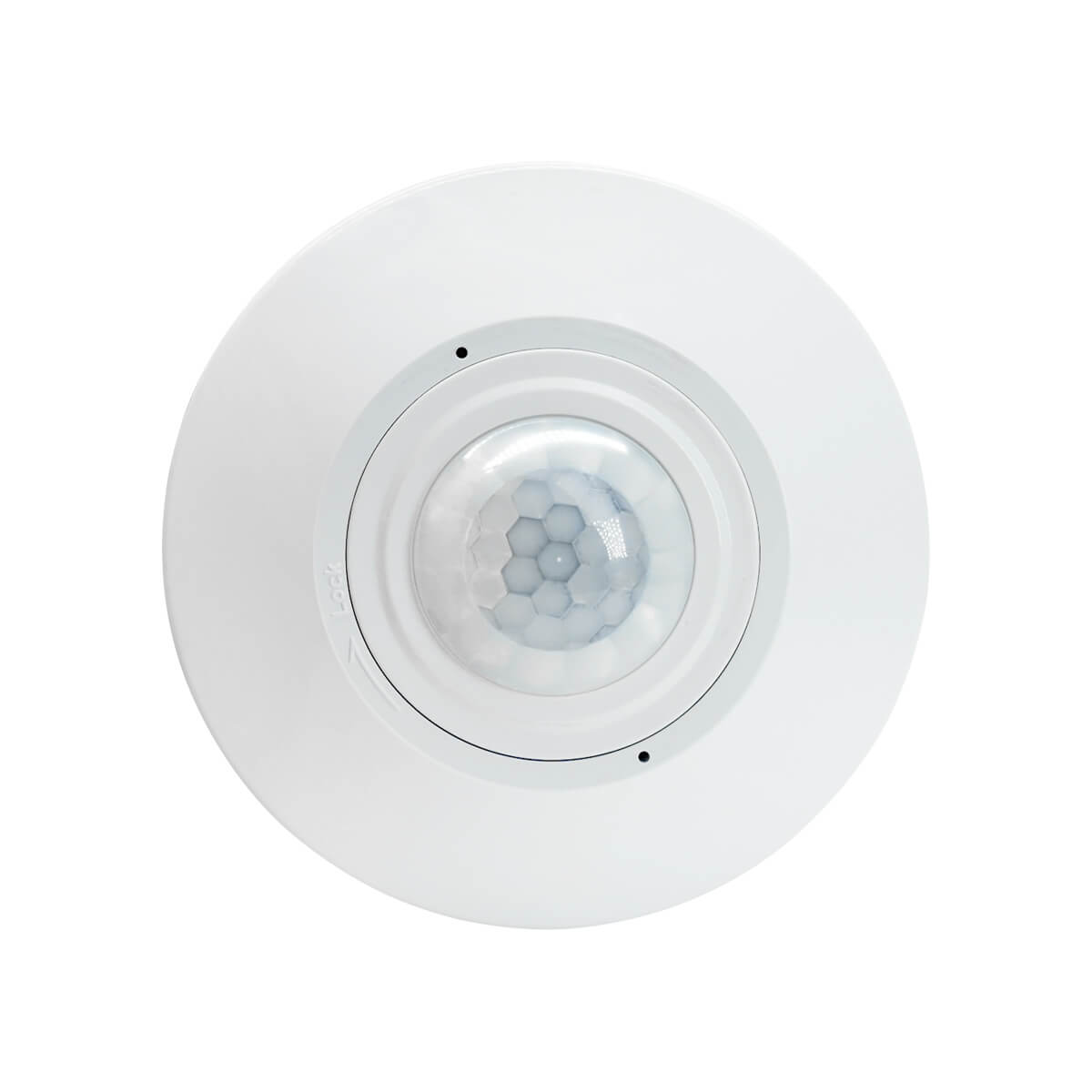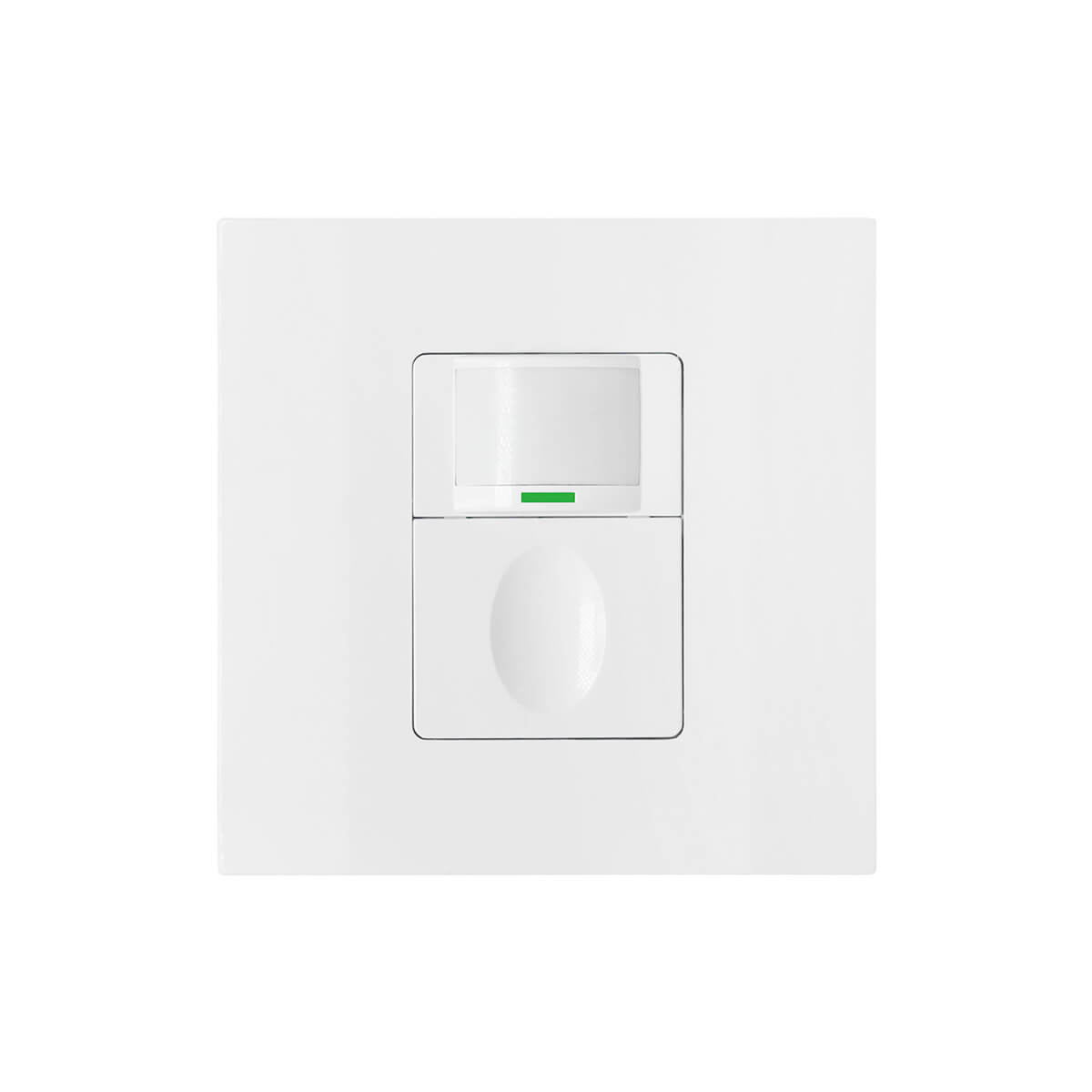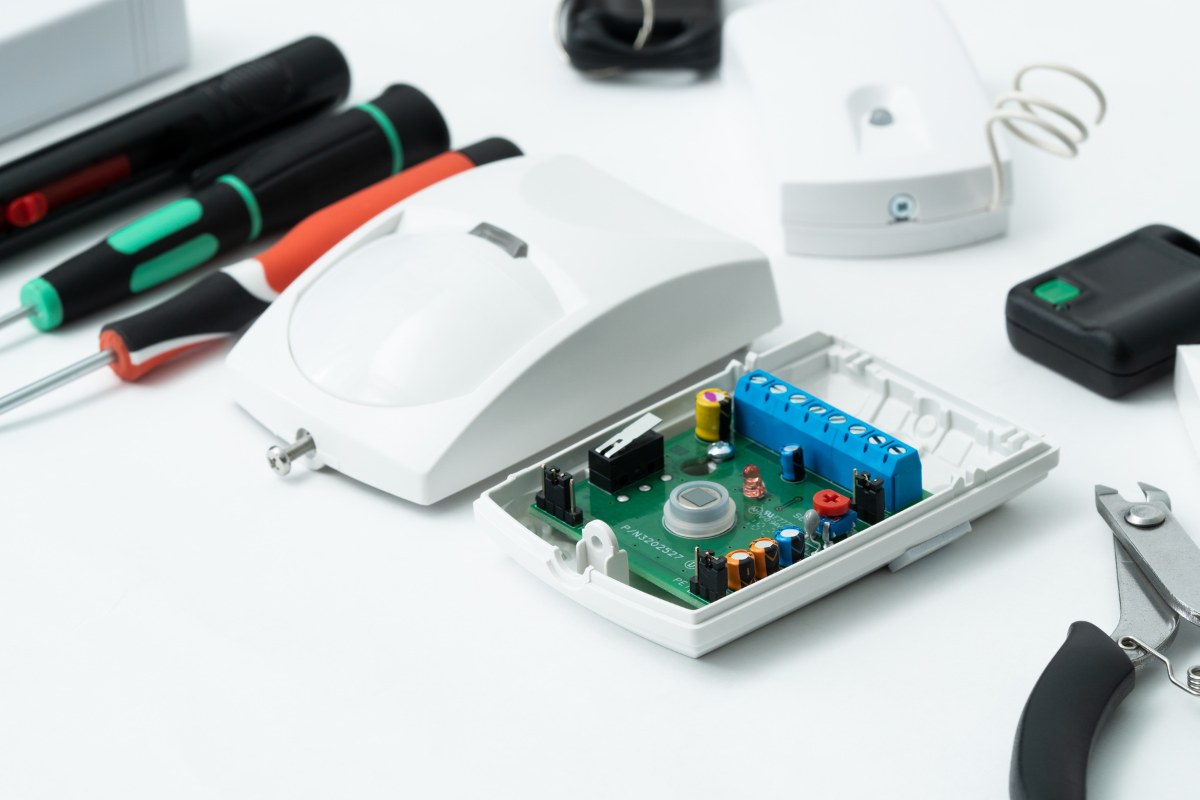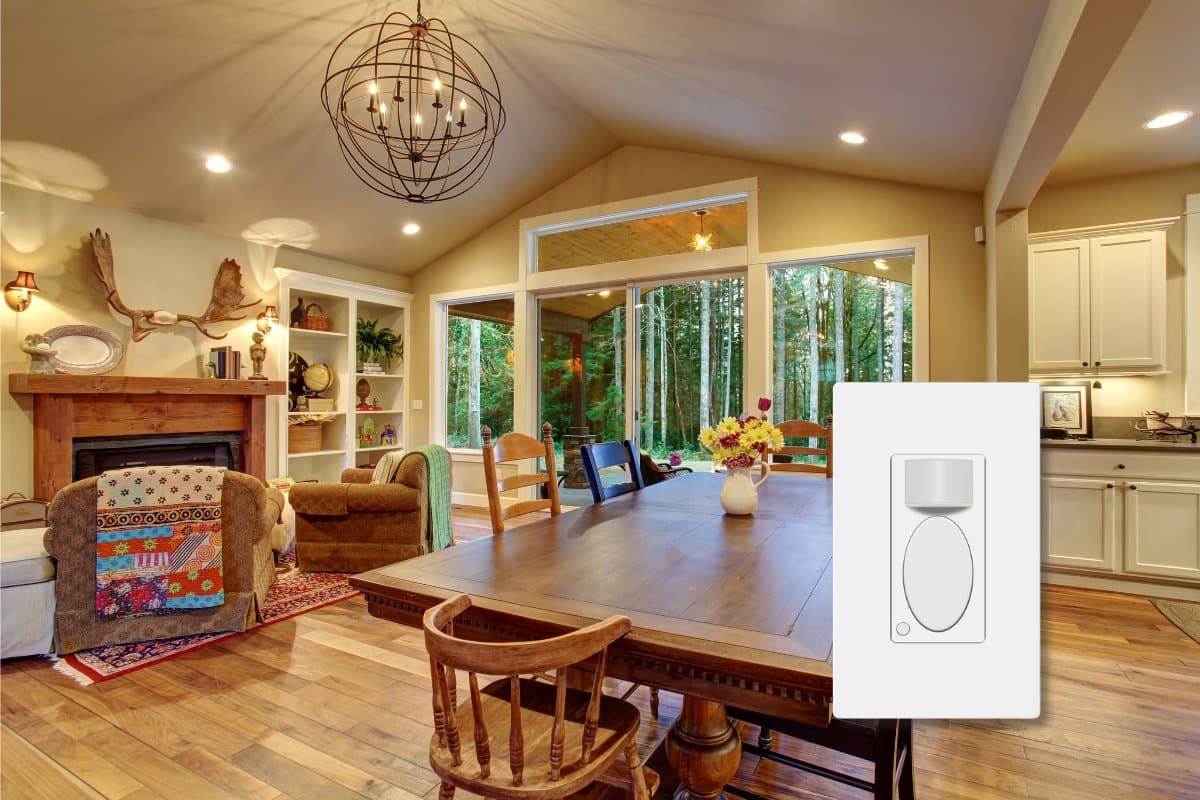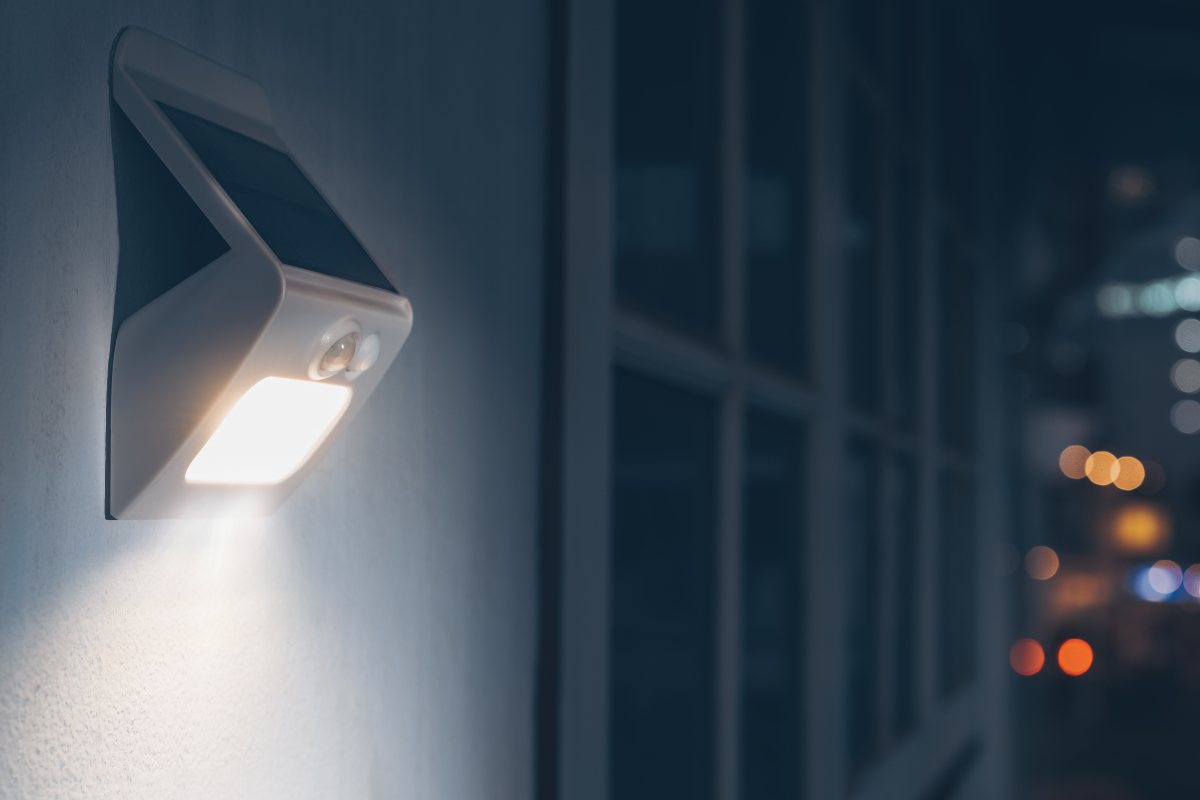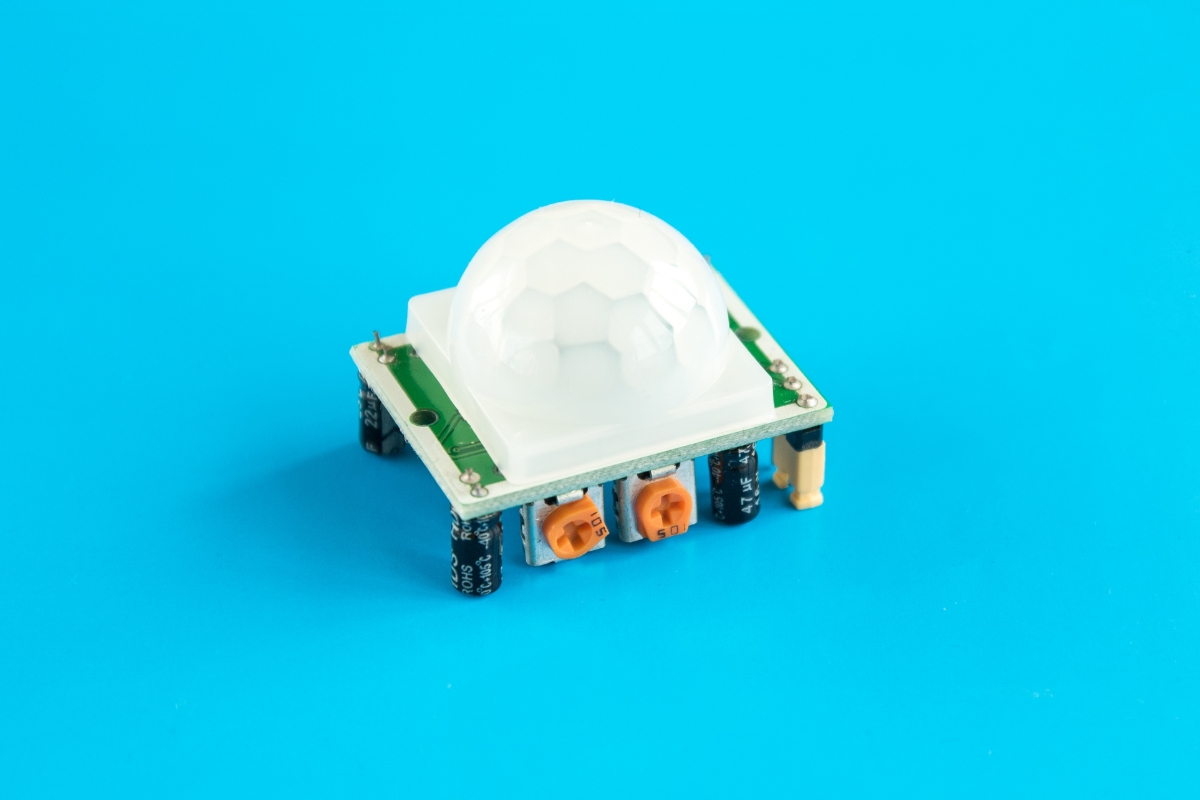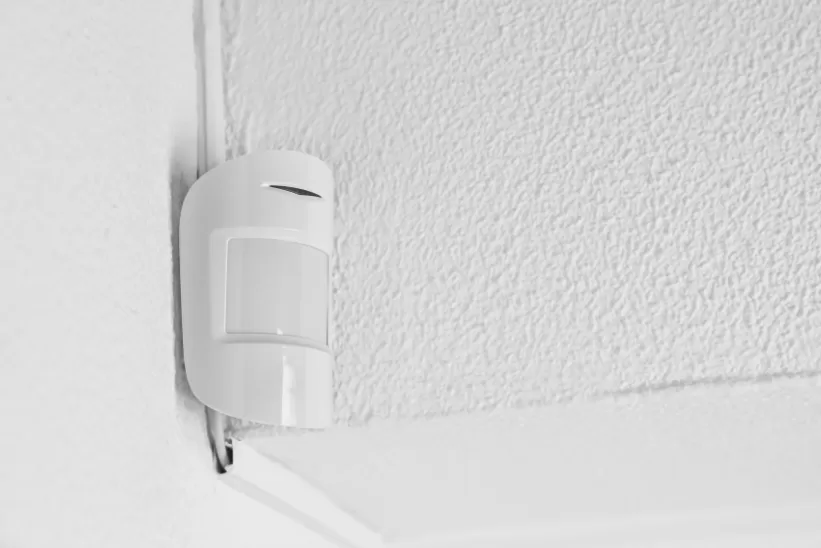What is LM-80
LM-80 is a standardized method that evaluates the lumen depreciation of solid-state light sources, specifically LED packages, modules, and arrays. Developed by the Illuminating Engineering Society of North America (IESNA), LM-80 provides a consistent methodology for assessing and comparing the lumen maintenance of LED components from different manufacturers.
Maybe You Are Interested In
The LM-80 test involves subjecting LED components to a specific testing procedure to measure their lumen maintenance over time. Typically, the test lasts for a minimum of 6,000 hours, although it can be extended to 10,000 hours. During the test, the LED components are evaluated for both lumen depreciation and chromaticity shift at specific operating temperatures, including 55 degrees Celsius, 85 degrees Celsius, and a third temperature determined by the manufacturer.
The purpose of LM-80 is to provide customers with reliable and comparable data on the lumen maintenance of LED components. By following a standardized testing procedure, LM-80 enables customers to make informed decisions when selecting LED products from different manufacturers. This ensures that the chosen LED components will maintain their lumen output over an extended period, delivering consistent and reliable lighting performance.
Looking For Motion-Activated Energy-Saving Solutions?
Contact us for complete PIR motion sensors, motion-activated energy-saving products, motion sensor switches, and Occupancy/Vacancy commercial solutions.
Frequently Asked Questions
What Lumen Is the Sun
For stars like our sun, which have a black body temperature of 5778 K, the lumen output is 93 for every watt of energy emitted. Therefore, at the distance of Earth’s orbit, the sun produces an impressive 127,000 lumens per square meter. This level of brightness is truly remarkable.
How Many Lumens Are in a Car Headlight
However, there are three different options available for car headlights, each with varying levels of brightness measured in lumens. Halogen headlights typically range from 700 to 1,200 lumens. High-intensity discharge (HID) headlights have a brightness range of 3,000 to 5,500 lumens. LED headlights, on the other hand, offer a brightness range of 3,000 to 6,000 lumens.
What Is the Best Lumens for Natural Light
2,000 to 4,000 lumens is the recommended range for natural light, however, by using a dimmer, you have the flexibility to adjust the brightness according to the time of day or specific task at hand.
How Do I Choose the Brightest LED
The brightness of an LED can be determined by its lumen output. The higher the number of lumens, the greater the amount of light emitted by the bulb. To ensure both brightness and energy efficiency, it is recommended to choose an LED bulb with the highest lumen output and the lowest watt usage.
How Bright Is 6000 Lumens LED
Using only 60 Watts of energy, this LED adjustable bulb emits an impressive 6000 Lumens at a color temperature of 6500K! It is important to note that this bulb provides the same level of brightness as a 350W incandescent bulb, while saving up to 80% of energy. Please keep in mind that this product is not dimmable.
How Many Lumens Is Considered Very Bright
80 lumens is typically considered bright enough for most walkways, including commercial properties. When it comes to garden lights used for accent lighting, a generally sufficient amount is around 50 lumens. This level of brightness can help enhance safety, add dimension, bring in color, and create visual interest in your yard.


